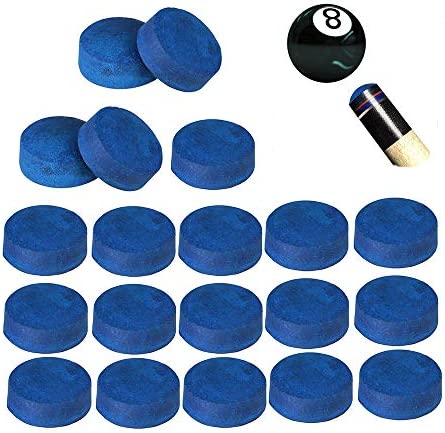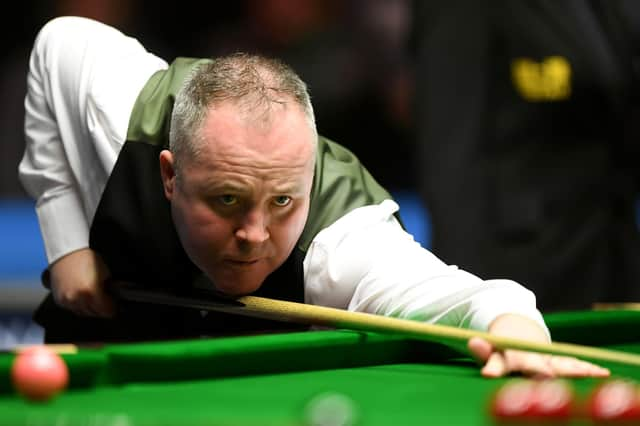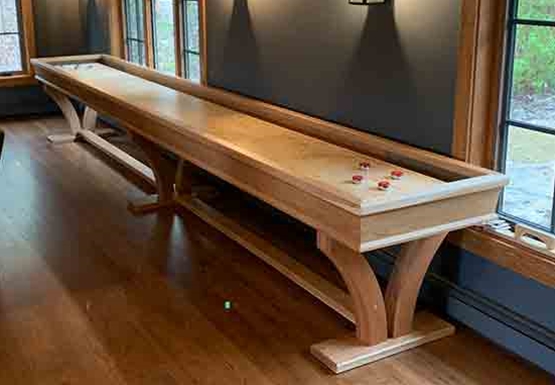
When choosing a tip for your cue stick, take into account the material. It can be soft, medium or hard. It can also influence how the cue feels. Firm shots may feel better. It also affects the squirt and sideways tip flex. The shaft flexibility and endmass flex decrease when the tip feels soft.
Hard
A hard cue tip is preferred by most professional and higher-level players. It is easier to maintain than a soft tip, and it lasts longer. It does not absorb energy from the cue balls as well as soft tips.
Soft
A Soft cue tip can be very useful when a player wants a more pliable cueball. These tips are typically made from leather and available in a variety different hardness levels. The material that they are made of can vary from laminated leather to single-piece materials. Other popular materials include bakelite and phenolic.

Medium
Kamui Cue Tip products are made from premium Pigskin. This design allows for maximum porosity, and humidity resistance. They have excellent chalk retention which allows for improved tip-grip, and prevents miscuing. These tips will last for years, and you can buy a set of ten.
Phenolic
The phenolic tip on your pool cue can add up to 17% extra power to your break shot. This material provides a smoother contact surface and is also more responsive to pressure. These properties make phenolic tip a great option for players seeking increased power.
Leather
A leather cue tip is one of the most popular types of tip available. Leather tips are more durable than synthetic ones made of cork or plastic. Although leather tips are preferred, synthetic tips may be more suitable for home use.
Splice
There are several ways to splice a pool cue's tip if you're considering buying one. Some prefer to hand splice tips. This method is more complicated and can be more costly. If you want to play with a top-notch cue, you can buy one with a hand splice.

Size
It is a good rule of thumb to ensure that your shaft is the same length as the tip of the cue. This will allow you to hit the ball more evenly and create less vibration when you hit it. A smaller tip will also create less squirt when the ball is hit, which will give you a better feeling for your shots.
Materials
It is important that you consider the angle and spin of your ball when choosing materials to make a cue tip. A slightly rounded tip will allow the player to add spin to the ball. A rounded tip is generally rounder than a curvature of dime. A rounded tip is usually thicker that a nickel.